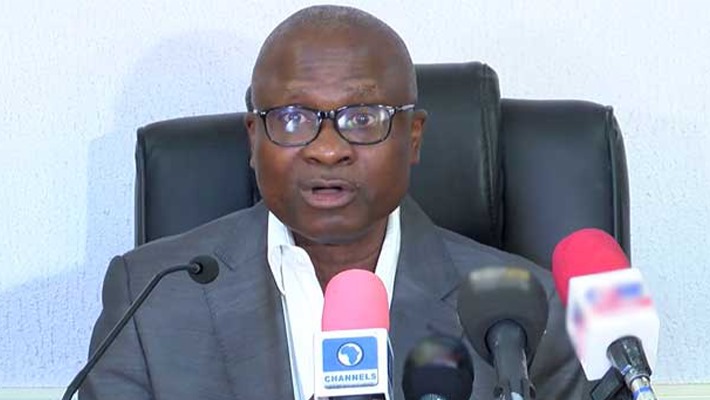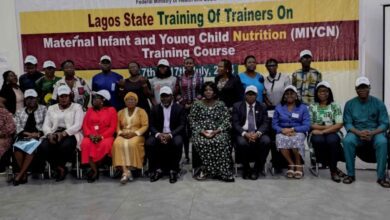NCDC Issues Public Health Advisory On Impending Meningitis Outbreak

The Nigeria Centre for Disease Control and Prevention (NCDC) has issued a comprehensive public health advisory outlining measures the public should take to prevent the outbreak of Cerebrospinal Meningitis (CSM).
Director General of NCDC, Dr. Ifedayo Adetifa in a statement signed on Thursday, January 11, 2024, explained that Cerebrospinal Meningitis was an epidemic-prone disease, exacerbated by dry weather conditions and upper respiratory tract infections
Adetifa disclosed that the Northern region and selected southern states were identified as high-risk areas, with 2022/2023 statistics revealing 2765 suspected and 303 confirmed cases, resulting in 190 deaths across multiple localities:
“The highest burden of CSM in Nigeria occurs in the ‘Meningitis Belt’ which includes all 19 states in the Northern region, the Federal Capital Territory (FCT), and some southern states such as Bayelsa, Cross River, Delta, Ekiti, Ogun, Ondo, Osun). In 2022/2023, Nigeria recorded 2765 suspected and 303 confirmed cases with 190 deaths across 140 Local Government Areas (LGAs) in 30 States including the Federal Capital Territory”, he said.
According to the NCDC Helmsman, the Federal Ministry of Health and Social Welfare, in collaboration with the Nigeria Centre for Disease Control and Prevention (NCDC), was actively engaged in preventing, detecting, and responding to CSM cases:
“The National CSM Technical Working Group (TWG) is at the forefront, monitoring disease trends and coordinating multi-sectoral preparedness and response efforts. Despite strides in surveillance and vaccination, CSM remains a persistent public health threat, demanding continued attention and resources.
“These include heightened surveillance, routine coordination meetings, regular communication with high-burden states, and the provision of support for daily reporting and response activities”, he stated.
Adetifa also emphasised the importance of risk communication to raise public awareness, sample collection for laboratory diagnosis, and deployment of Rapid Response Teams to affected areas.
“The public health advisory details ongoing efforts, such as the deployment of Rapid Response Teams to investigate rising cases in Jigawa and Bauchi states. The collaborative approach involves State Governments, public health authorities, and the NCDC working in tandem to ensure a swift and effective response. This collaborative effort reflects a commitment to containing the spread of CSM and protecting communities at risk”, he said.
Speaking on the modes of transmission of the disease, the NCDC Boss said, “transmission occurs through person-to-person contact, and early symptoms include fever, headache, and neck stiffness. Those most at risk include young children, individuals in overcrowded households, smokers, and those with poor ventilation exposure”.
The advisory concludes with practical health advice for the public and healthcare workers. Recommendations include vaccination, avoiding close contact with confirmed cases, preventing overcrowding, and practicing good respiratory and hand hygiene. Healthcare workers are urged to maintain infection control practices and report suspected cases promptly.
The public is encouraged to seek immediate medical attention if symptoms arise and to avoid self-medication to prevent antimicrobial resistance.






